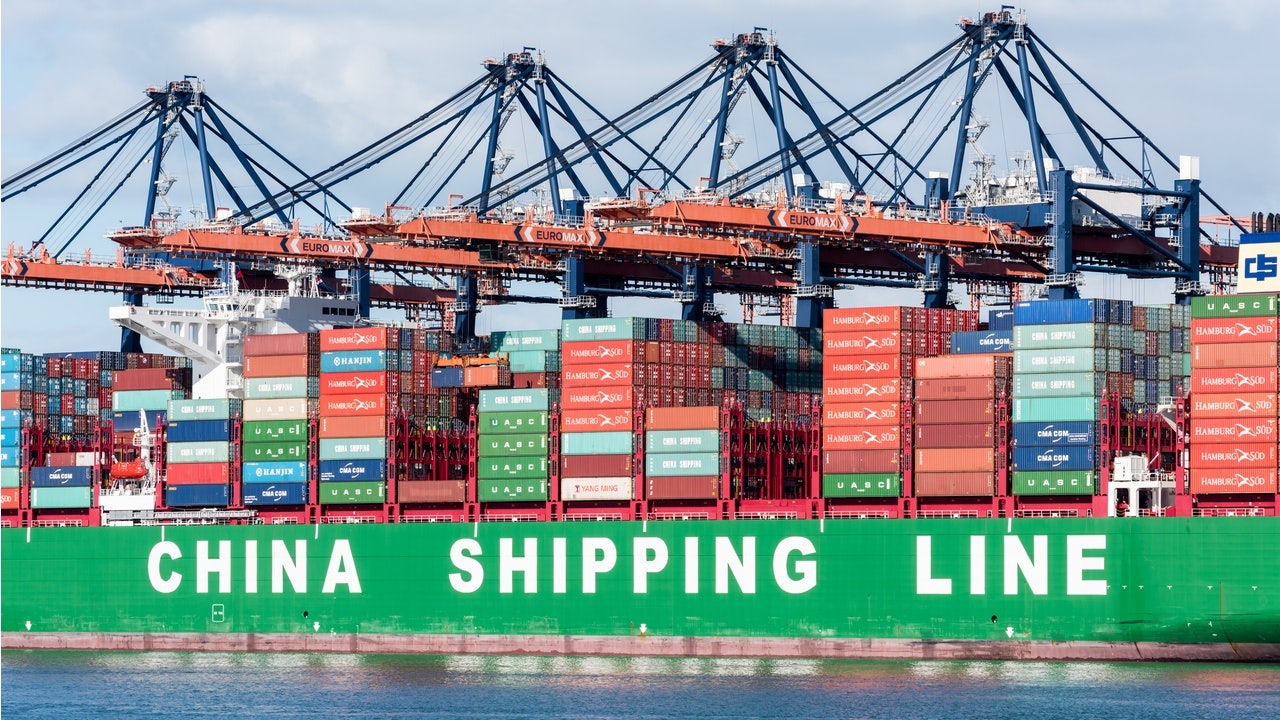What happened
China has officially applied to join the Comprehensive and Progressive Agreement for Trans-Pacific Partnership (CPTPP) after months of lobbying and signaling its interest in joining the free trade agreement. The Obama administration designed this agreement as a way to counterbalance China’s regional influence. But President Trump withdrew the United States from this landmark pact in 2017. The potential enlargement of the CPTPP and China’s acceptance is problematic because all 11 members would have to support China’s candidacy.
Unfortunately, securing a membership seems like an impossible task for the Mainland. Fractured Sino-Japanese relations over the Diaoyu Islands, maritime territorial disputes over the Spratly Islands & the Paracel Islands between China and Vietnam, and more recent trade tensions that rattled Australia’s wine and barley industry could all work against China.
Nevertheless, Japan (the CPTPP's chair this year) said member countries are scheduled to consult and respond to China’s request. "Japan believes that it is necessary to determine whether China, which submitted a request to join the TPP-11, is ready to meet its extremely high standards," said Japan's Economy Minister, Yasutoshi Nishimura, to reporters on Friday.
The Jing Take
Reuters mentioned that China’s move comes following its announcement of The Aukus pact. Yet, Zhao Lijian, China's foreign ministry spokesman, emphasized that the two agreements are unrelated, although they show two different positions taken by the world’s leading economic powers. "China is promoting economic cooperation and regional economic integration, while the US is pushing for war and destruction," said Zhao at a press briefing in Beijing, as he pushed for his country’s inclusion in the agreement.
China has also signed various trade agreements, conveying its growing global influence. And with its new direction, China overtook the US as the world’s top trading partner, securing a path to global domination.
The creation of The Belt and Road Initiative (BRI), the accession to the Regional Comprehensive Economic Partnership (RCEP), and its bid to join the CPTPP indicate Beijing is embracing globalization and a conciliatory tone, hoping to replace America as a dominant global power.
We foresee that Beijing will move forward with its pursuit of multilateral agreements as a way of curtailing the competition's efforts to establish new trade agreements.
The luxury and retail industries should lobby for China’s accession to CPTPP because it liberalizes trade and eliminates barriers to cross-border digital trade. With e-commerce booming in China, luxury brands could take full advantage of consumer data collected in China and transfer it to third countries. Imagine the potential for the luxury industry if brands could safely move data across borders?
This mechanism would ensure that when a Chinese customer walks into a luxury store in Tokyo, a retailer could assist him by offering only the products closest to the customer’s shopping preferences and history, improving the overall customer experience.
The Jing Take reports on a piece of the leading news and presents our editorial team’s analysis of the key implications for the luxury industry. In the recurring column, we analyze everything from product drops and mergers to heated debate sprouting on Chinese social media.

